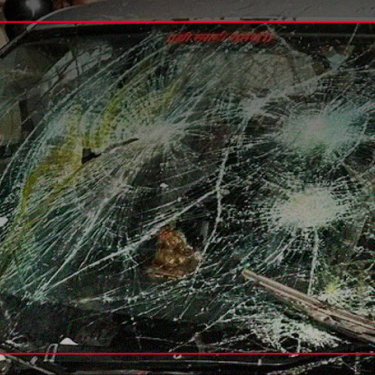India curtails right to information in clampdown two months ahead of elections

Reporters Without Borders (RSF) condemns the oppressive climate for press freedom in India just two months ahead of general elections, with journalists being prosecuted, attacked, censored and denied access to “sensitive” areas. This is already curtailing the right to pluralistic and independent news reporting, RSF says.
Reporters and media outlets have been subjected to repeated harassment and intimidation by both state and non-state actors in recent weeks with the aim of silencing them or preventing them from covering sensitive issues. This is now a well-established trend in the run-up to the elections due to be held throughout the country in April and May.
“With just two months to go to the elections scheduled for April and May, journalists are being harassed by the authorities and subjected to multiple attacks aimed at silencing those who are outspoken. RSF condemns the oppressive climate that is taking hold in India and is liable to undermine pluralistic and transparent coverage of the electoral process. We call on the government to guarantee journalists’ safety and the right of access to news and information, and to end all harassment of media personnel.
- National security provisions used against independent media
On 9 February, the government resorted to Section 69A of the Information Technology Act (amended in 2023), which allows it to block online access to reporting that poses a threat to the “security and integrity of India.” Its target was The Caravan, an online investigative magazine that is one of the few remaining independent media outlets.
The ministry of information and broadcasting gave The Caravan 24 hours to take down an investigative story headlined “Screams from the Army Post" about cases of murder and torture by the Indian army in the militarised northern territory of Jammu and Kashmir.
- Attacks against journalists
“Critical” journalists are attacked and smeared by armies of pro-government trolls on social media but they are also exposed to physical attacks. The latest targets include freelance reporter Nikhil Wagle, whose car was stoned and beaten by supporters of the ruling Bharatiya Janata Party (BJP) as he was on his way to speak at an event in the western city of Pune on the evening of 9 February.
This horrific attack came five days after Wagle posted an ironic comment about Prime Minister Narendra Modi and former Deputy Prime Minister (and BJP member) L.K. Advani on X (the former Twitter).
Shortly before the attack, a local BJP leader filed a complaint with the Pune police about Wagle’s post, accusing him of violating Penal Code Section 153 A (promoting enmity between different groups), Section 500 (defamation) and Section 505 (statements conducing to public mischief).
In comments to reporters after the attack, BJP state assembly representative Nitesh Rane said Wagle “got away easily.” And he added: “The work of Pune BJP has remained incomplete. Some time later the work should be completed, and if they can’t do it otherwise they should call me.”
- Escalation in reprisals against foreign reporters
Vanessa Dougnac, a French journalist based in India since 2001 reporting for French-language publications such as the newsweekly Le Point and the newspapers Le Soir and La Croix, was notified by the Ministry of Home Affairs on 18 January that her status as an Overseas Citizen of India (OCI) was being withdrawn because of her “malicious and critical” articles. Her work permit renewal application had been refused 17 months prior to that without any reason being given.
- Access denied to security “hotspots”
Journalists were denied access to Haldwani, in the northern state of Uttarakhand, when the demolition on 8 February of a mosque and a madrasa (Quranic school) – built without permission, according to the authorities – triggered a wave of violent protests in which five people were killed. The authorities ordered the police to shoot on sight, imposed a curfew and suspended Internet services.
- Suspension of Internet and mobile services
Blacking out communications is another repressive weapon to which the government readily resorts. Mobile and internet services have been suspended on more than one occasion in several states since the start of 2024. Several districts in Haryana – a state adjoining the capital – have been deprived of mobile Internet in the past few days as farmers' groups organised protest marches on New Delhi.
